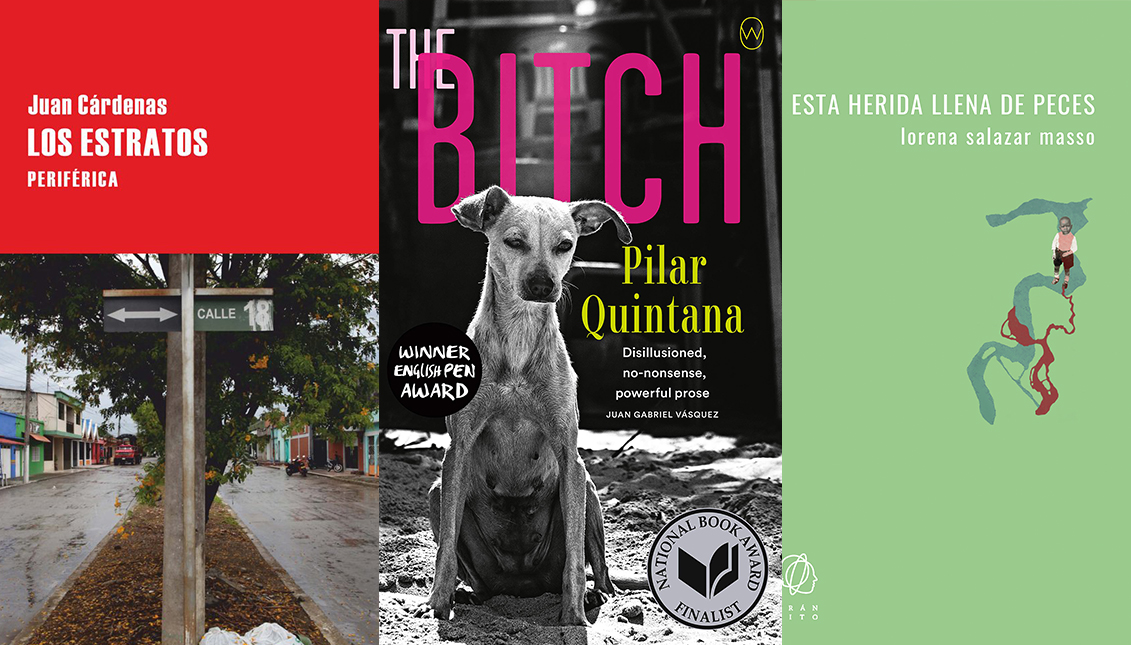
Three books to understand the protests in Colombia
Literature is a faithful reflection of what happens in a country and especially to its people. We dive into some atypical and can't-miss novels that address…
Although negotiations are discreetly taking place between the government of conservative Iván Duque and the National Strike Committee, Colombia has already been undergoing more than 15 days of continuous protests that began because of the tax reform announced by Duque and have provoked a citizen outburst against everything that is going wrong in the country. And it is a lot.
While the demonstrators are still on the warpath, day after day we witness the harsh police repression and the count of injured and dead people, in addition to the sexual abuse suffered by women during the protests at the hands of armed police, as published by Público a few hours ago.
To say that Colombia is today a powder keg and to throw our hands up in the air would be to ignore the structural conflicts that have been dragging on for years. Conflicts and situations of which literature has given a good account for years.
We propose five works written by Colombian authors to understand where the protests come from and what is happening today in the Latin American country.
Debut novel published this spring in Spain by the independent publishing house Tránsito Editorial, Esta herida llena de peces could not come at a better time, despite the tragic circumstances.
There, the writer from Medellin, who spent her childhood in Chocó, one of the poorest and most violent regions of the country where there is endemic racism towards the black population, tells us the story of a white mother and her black son who walk along the banks of a river.
Although it is not a novel about race or violence, as the author claims, but about motherhood, it addresses issues such as the power of women (and their persecution in a Colombia where they live under threat) and also identity.
RELATED CONTENT
The social pyramid is not simply a political theory, but a reality in a society where a few have a lot and are at the top, while the majority live with nothing even though they form the foundations of this pyramid.
Colombian cities have been divided into six strata since the 1990s, with the last two historically paying higher electricity, water and gas bills than their consumption so that the rest can receive their subsidies. However, the law became a trap.
A perversion of the system that Cárdenas portrays very well in his book through a man who searches for the woman who took care of him as a child to reconstruct his vague childhood memory. At the same time the author explores the forms of desire in capitalism, the way in which personal narratives are constructed and the history and social inequalities in Colombia at the beginning of the 21st century.
This novel by Quintana, the most widely read author in Colombia during the protests, deals with the story of a Black woman who cannot be a mother in a violent and oppressive society such as Colombia's.
But it is also a journey to the Colombian Pacific, to a part of the country unknown to most people and where poverty, racism and discrimination of all kinds are common currency.
The Bitch was a finalist for the National Book Awards for Translated Literature in 2020.











LEAVE A COMMENT:
Join the discussion! Leave a comment.